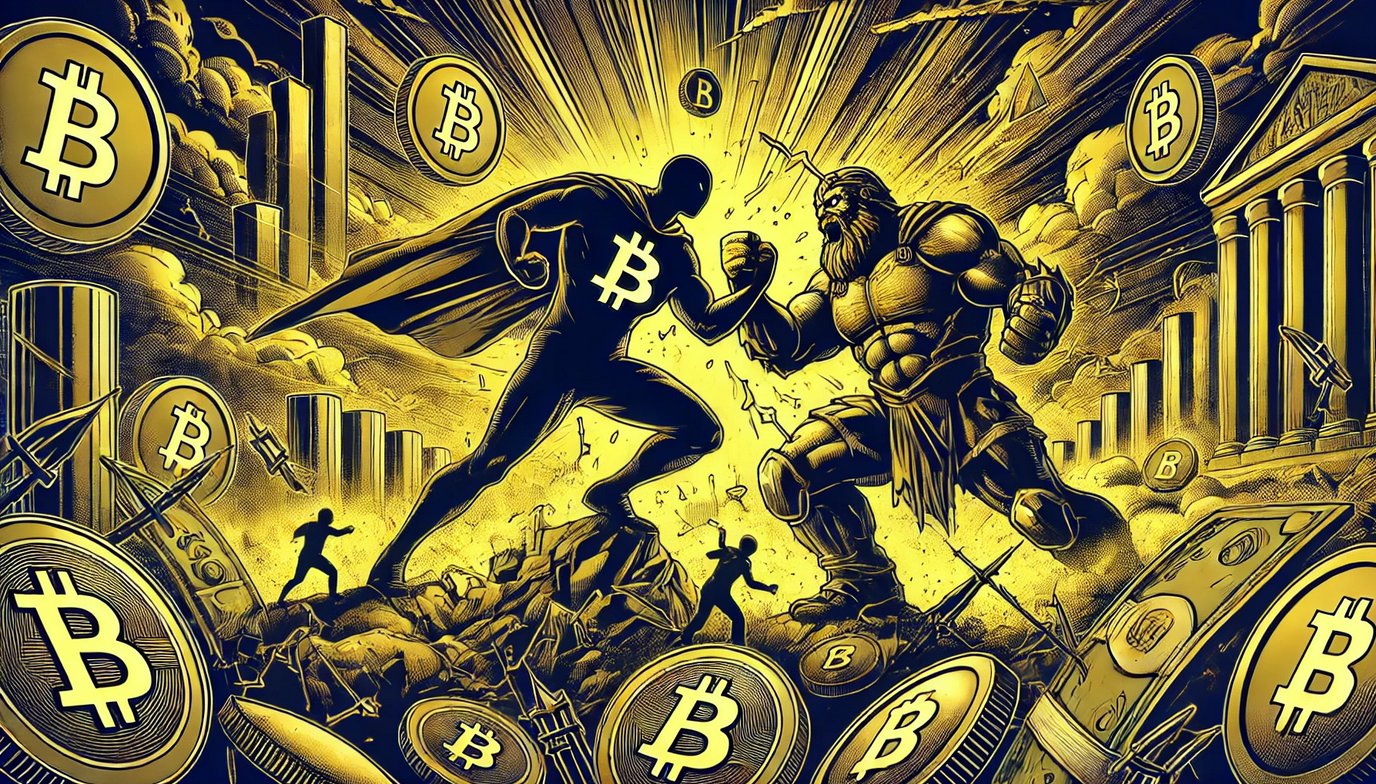In the dim light of our digital life, where the shadows of truth and speculation intertwine, we embarked on a journey through the labyrinth of conspiracy and power.

The arrest of Durov, detained upon his arrival in France, sent shockwaves through the digital world. Durov’s detention isn’t just a footnote in the annals of legal history; it’s part of a larger, more sinister effort to suppress Telegram, the bastion of privacy for millions. In an age where surveillance is omnipresent, Telegram stands as a beacon of hope for those seeking refuge from prying eyes. Yet, this very defiance against global control may have sealed Durov’s fate.
We couldn’t help but question Durov’s decision to trust Europe—a continent where American influence is as pervasive as the air we breathe. Why would he, a man of such intellect, believe that he could evade the reach of external power in a European country? Will he face the potential consequences of his miscalculation—an extradition to the United States, where a lengthy prison sentence could await him. Was this a strategic blunder or a calculated risk?
The absurdity of the charges against Durov is glaring. It’s akin to holding car manufacturers responsible for crimes committed using their vehicles. The notion that Durov should be prosecuted for the actions of Telegram’s users is a farce, a misguided attempt to control a platform that symbolizes freedom for so many. This, we argued, is a testament to the lengths to which authorities will go to silence those who stand in the way of their agenda.

Durov’s recent travels, which took him from Kazakhstan to the heart of Europe, only added fuel to the fire. The French government’s grievances with Durov, particularly their failed attempts to secure encryption keys from Telegram, seemed to be the final straw. In a candid interview with Tucker Carlson, Durov revealed his past run-ins with U.S. special services—a revelation that may have intensified the scrutiny on him. The question lingers: Was this interview a bold act of defiance or a naïve misstep?
As we traced the origins of this conflict, it became clear that Durov’s involvement with cryptocurrency, particularly the Telegram Open Network (TON) and the Gram cryptocurrency, played a pivotal role. His refusal to bow to U.S. regulators and his subsequent distancing from TON did little to appease the powers that be. The belief that Durov never truly relinquished control of TON, despite outward appearances, only deepened the mistrust and led to his current predicament.
The legal battle over cryptocurrency is not just about Durov; it’s about the broader implications for the entire crypto community. The U.S. regulatory environment, hostile to any large network daring to develop its own cryptocurrency, has created a minefield for innovators. Durov’s decisions during the TON saga, while bold, may have inadvertently set the stage for the legal troubles he faces today.

Let’s just look at other key players in the cryptocurrency world who have faced similar fates. Figures like Anatoly Dymov and the BTC Banker team have also been caught in the crosshairs of a global crackdown on cryptocurrency. These actions, we speculated, are not isolated incidents but part of a coordinated effort by powerful governments, to maintain a stranglehold on financial systems. It’s a chilling reminder of the lengths to which these entities will go to preserve their dominance.
The role of European and American authorities in this crackdown cannot be understated. The skepticism we expressed about the independence of European legal systems is not without merit. They appear to be mere extensions of American influence, their actions dictated by transatlantic power brokers. Even the most well-funded legal defenses, we fear, may not be enough to protect Durov from the coordinated assault he faces. The forces aligned against him are formidable, and their reach extends far beyond the borders of any one nation.
If we refocus on France, where Durov is currently detained, the implications for other cryptocurrency projects became even more apparent. The pressure on Durov to cooperate with American authorities could see him held without formal charges for an extended period—a tactic designed to break even the most resilient of spirits. The specter of extradition looms large, and with it, the potential for Durov to become a pawn in a much larger geopolitical game.

Yet, amid the gloom, a sliver of hope remains. The indomitable spirit of the crypto community, those who believe in the power of decentralization and the promise of digital freedom, will not be easily extinguished. Durov’s arrest, while a significant blow, is not the end of the story. It’s a rallying cry, a call to arms for all who cherish the principles of privacy and freedom that platforms like Telegram represent.
In the end, we are left with more questions than answers. Is Durov a hero or a fool? Is his arrest the result of his own hubris, or is it part of a larger conspiracy to suppress digital freedom? As we ponder these questions, one thing is certain: the battle for control over the digital realm is far from over, and the stakes have never been higher.
The world watches as Durov’s fate hangs in the balance, a symbol of the struggle between those who seek to control and those who dare to resist. In this high-stakes game, the outcome is uncertain, but the fight for digital freedom is one that we cannot afford to lose.